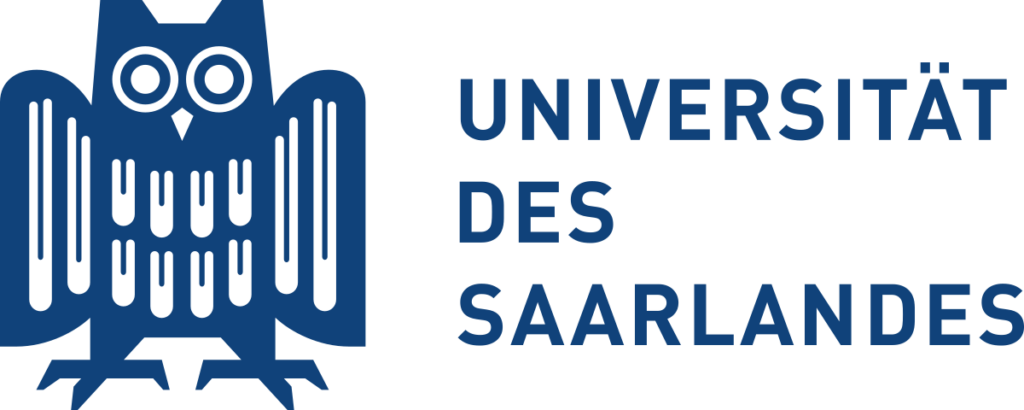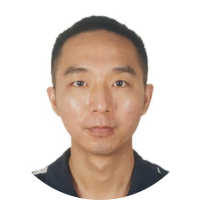Zhangfan Li
University of Saarland (USAAR), DE
Center of Human and Molecular Biology
DC4: Feedback of compartmentalisation on reactions
Supervisor: Prof. Dora Tang

Background
My academic journey began with a Bachelor’s degree in Applied Chemistry (Elite Program) from Dalian University of Technology, where I had the opportunity to work closely with highly esteemed professors and engage in rigorous coursework and research. The Elite Program focused on cultivating top-tier talent in the field of chemistry, and it allowed me to build a solid foundation in both theoretical knowledge and experimental techniques. During my undergraduate studies, I developed a strong interest in biochemistry and molecular sciences, which eventually shaped my future academic pursuits.
Following my undergraduate studies, I pursued a Master’s degree in Molecular Sciences at Radboud University in the Netherlands, specialising in biochemistry and cell biology. During my time there, I conducted an internship titled “Towards Phosphate Transfer in Coacervates” at the Spruijt Lab, where I studied coacervates as models for primitive cells, focusing on enzyme-free phosphate transfer reactions. This experience significantly strengthened my research capabilities and further ignited my passion for investigating the origins of life and synthetic biology. Additionally, I completed a second Master’s internship at the Eeftens Lab, where I worked on expanding microscopy techniques to better analyse cellular structures. This hands-on experience with advanced experimental techniques provided me with invaluable insights into cellular biochemistry and refined my technical expertise.
Through the DarChemDN program, I hope to continue exploring Darwinian chemistry and origin of life studies, with a focus on understanding how basic chemical reactions may have given rise to life. The interdisciplinary nature of this program perfectly aligns with my long-term aspirations of contributing to groundbreaking research in synthetic biology and the study of life’s origins.
Secondments
Microfluidics Innovation Center (MIC)
Duration: 1 month
Purpose: Explore new microfluidics
University of Groningen (RUG)
Duration: 2 months
Purpose: Exchange experimental and theoretical approaches to quantify reactions in coacervates
Spectrometry Vision BV (MSV)
Duration: 3 months
Purpose: Develop and apply advanced mass spectrometric techniques for the characterisation of coacervates

